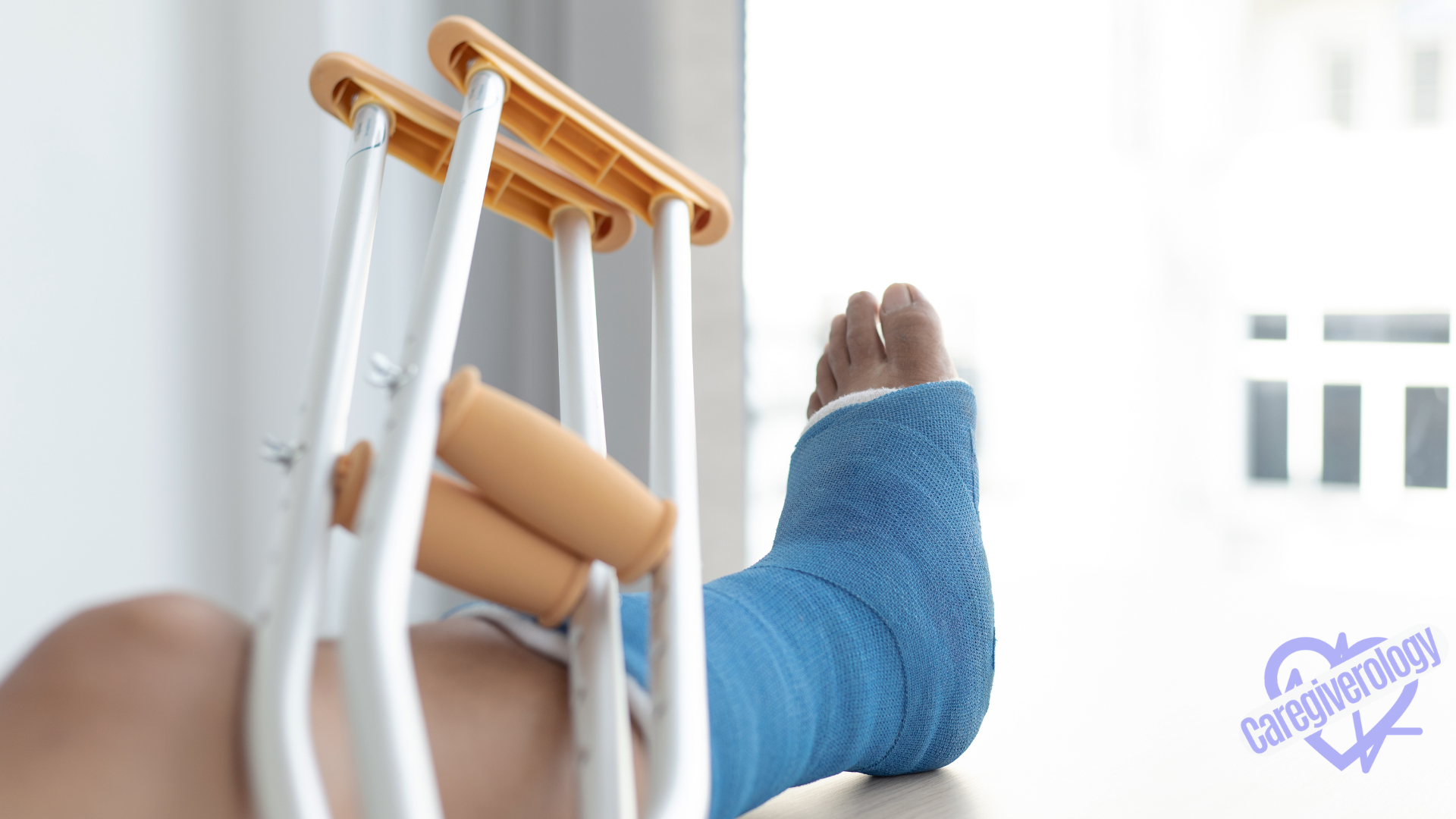5 Tips To Keep Seniors Healthy During Winter
Winter weather causes seniors to stay indoors even more than they usually do. It is much more challenging to maintain an active and healthy lifestyle. Aside from physical health issues, being indoors with little to no movement is just as bad for their mental health. Outdoor surfaces can become slippery and dangerous due to ice and snow. It renders elders more vulnerable to falls that can lead to fatal injuries. Winter may be harsh, especially if you're a caregiver, because it's often hard for elders.
According to studies, the most deaths in the US happened in January from 1980 to 2017. Reduced immunity, diseases, and falls contribute to death, especially in winter.
It might be challenging to keep healthy and active when the temperatures dip. Seniors are more susceptible to the "winter blues." So, it's crucial to be conscious of their habits during the winter months. Here are five tips to help seniors stay healthy during the winter.
1. Keep moving
Inactivity can raise the risk of falling in older persons. The risk of falling is even higher during the winter. Adverse weather, snow, and ice can limit physical activity. You can take various preventive actions to improve your chances of avoiding a fall.
Motion is lotion, as many physical therapists and chiropractors would tell you. Regularly moving your body keeps your joints lubricated and your muscles toned. It can lead to better health.
When the weather outdoors is cooler, outdoor activities such as walking are minimal. Encourage seniors to keep up with domestic duties. It is an excellent approach to get them out of the house and moving. Elders can go from room to room or up and down the stairs to break up any idle time.
Doing some household chores such as clearing the snow off the driveway during the winter can appear to be a daunting duty for the elderly, but it doesn't have to be. There are tools available to assist them with the chore, such as the cordless snow blowers for seniors.
Join a health club senior center or enroll in community education classes. It can help you meet new people and join in various activities. Exercise videos are also a fantastic option. And there are plenty of options on Youtube to suit any fitness level.
2. Maintain a healthy diet
Our immune systems deteriorate as we become older. It is an unavoidable aspect of life. But a well-balanced diet helps in fueling our bodies. It also prevents illness and is crucial to healthy living. Some people lose their appetite as they become older. Yet eating a reasonable amount of nutrients keeps organs, muscles, and bones healthy.
Our bodies naturally seek more comfort food during the winter. Often, these foods are high in carbohydrates and sugar. Enjoying a treat now and then isn't a bad thing. But consuming a diet rich in veggies, healthy grains, and lean proteins is critical.
Root vegetables such as potatoes and beets are plentiful in winter. They are a good source of essential vitamins and minerals. Citrus fruits, which are high in Vitamin C, aid in the maintenance of a strong immune system. Zinc-rich foods, such as fish, chicken, and eggs also help to enhance immunity.
Some fruits are out of season, and we can't grow because of the cold. But seniors should be sure to include fruits and vegetables in their diets all year. Taking daily vitamins is also essential. It can supplement your diet and ensure that you get nutrients and minerals.
3. Stay up to date with your vaccines
The cold season has arrived, which means you should get your flu vaccination as soon as possible. But, it shouldn't be the only vaccine on your list if you're over 65 years old.
Vaccines can prevent diseases that can cause severe sickness, disability, and even death. These diseases impact older folks more than the general population. According to studies, adults account for more than half of annual flu-related hospitalizations. They make up 90% of annual flu deaths. Also, people over the age of 60 accounts for over half of the 1 million cases of shingles diagnosed each year. These illnesses affect seniors more severely. Still, immunization rates among the elderly are low.
Consult your doctor about keeping your immunizations up to date. Flu vaccines vary each season and even mid-season. Your immunity deteriorates as you age. So infection consequences can be more severe in some chronic conditions. Inquire about your risk of meningitis, as well as hepatitis A and B.
4. Be winter ready
Accidents can hurt even the healthiest older citizens. Frigid weather and storms can make ordinary tasks more dangerous in the winter. So it's crucial to be ready. Seniors are more likely to fall. Thus, the added dangers of obstacles should make everyone extra cautious when outside.
It's a good idea to have a prepared safety kit in your house if you plan on remaining home during inclement weather. Keep a safety kit in case of power outages. Flashlights, non-perishable meals, and an entire supply of prescriptions can keep you safe and healthy.
5. Socialize more
Seniors face depression and loneliness at any time of year. But these issues are worse during winter. So they need to engage with others frequently.
During winter, it's not just the physical health that needs extra attention. Pay attention to their mental health as well. Isolation can be a significant barrier for seniors. People tend to stay at home more during the winter months and it can play an even more significant role in your day-to-day life.
It is beneficial to see loved ones spend time outdoors. They can even conduct errands to help combat seasonal depression. Bad weather prevents you from traveling. So calling friends and family is a fantastic method to stay in touch. A community that fosters independent living is a perfect choice if you want to be with other retirees.
Final Word
It is wise to stay proactive and prepared for disease and safety hazards during the winter. These essential lifestyle suggestions can help you, but do not forget about smaller daily tasks. Cleaning household items and getting adequate sleep can help to keep seniors healthy.
Seniors should take extra precautions in the wintertime. Contact their doctors about food, exercise, and other concerns regarding staying healthy this winter.
Thank you Brookelyn Simms for contributing this article.
Guest Articles Written for Caregiverology
From 5 Tips To Keep Seniors Healthy During Winter to Home
Recent Articles
-
What to Expect During Post-Operative Recovery at Home - Caregiverology
Apr 08, 25 08:21 PM
Surgery may be over, but the journey to full recovery is just beginning, and for many people, the hardest part happens after they leave the hospital. -
How to Plan for Aging: Financial, Health, and Lifestyle Considerations
Mar 29, 25 12:40 PM
Did you know that 70% of people over 65 will need some form of long-term care? Yet, many delay planning until it’s too late. Aging is inevitable, but how we experience it depends on preparation. -
Speech Disorders: How to Know When It's Time to See a Professional
Mar 27, 25 07:05 AM
When it comes to human interaction, we need to be able to communicate effectively.





New! Comments
Have something to say about what you just read? Leave a comment in the box below.